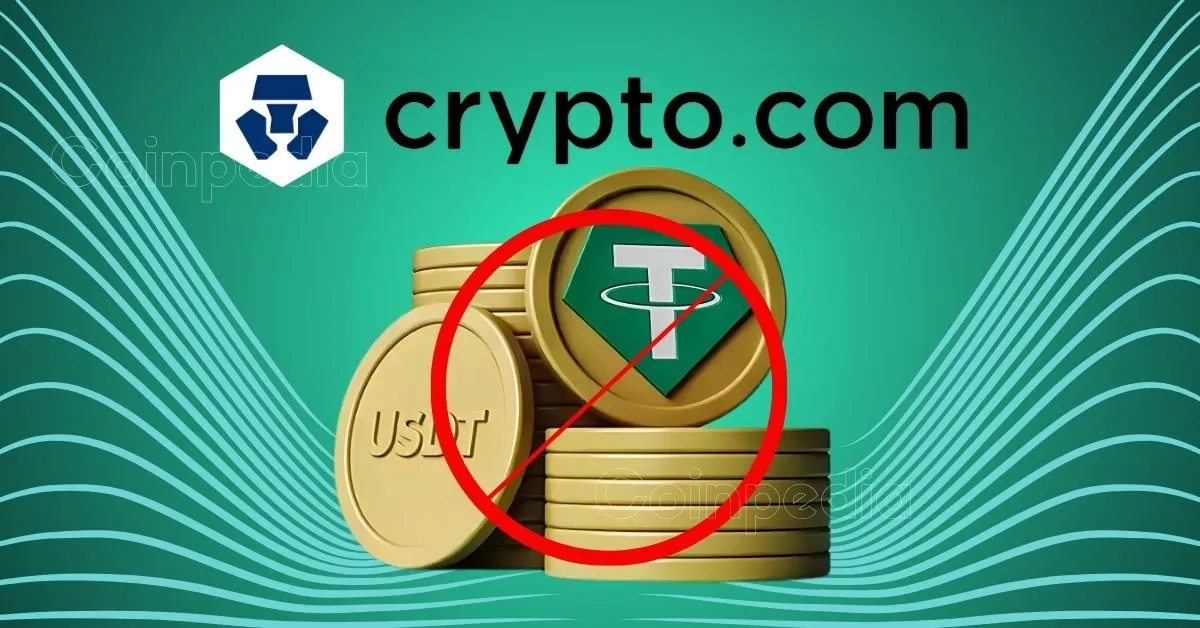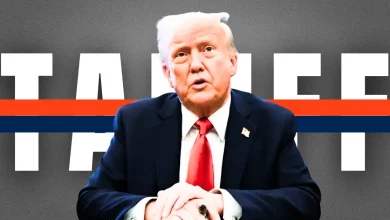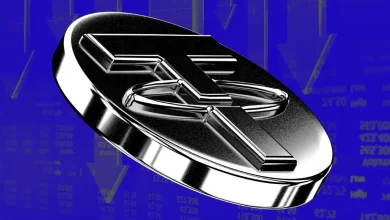
New EU regulations (MiCA) are making it difficult for Tether (USDT), the biggest stablecoin, to operate in Europe.
Major exchanges like Crypto.com and Coinbase are delisting USDT due to these new regulations.
This could shake up the crypto market as USDT is a major player in trading.
The European crypto scene is changing fast, and Tether (USDT) is in trouble. Crypto.com has announced it will remove USDT from its platform by January 31, 2025. This follows coinbase

 coinbase - support@coinbase.com WalletCentralised Exchange decision to drop Tether last year. The future of its $138 billion USDT in the EU is uncertain, and the possibility of other regions delisting is spreading like fire, all because of the strict new rules under the EU’s Markets in Crypto-Assets (MiCA) regulations.
coinbase - support@coinbase.com WalletCentralised Exchange decision to drop Tether last year. The future of its $138 billion USDT in the EU is uncertain, and the possibility of other regions delisting is spreading like fire, all because of the strict new rules under the EU’s Markets in Crypto-Assets (MiCA) regulations.
Crypto analyst Jacob King broke the news, highlighting how this could impact stablecoins and crypto trading.
Why is Tether Being Delisted?
Tether’s struggles are a direct result of MiCA’s new rules, which make it harder for stablecoins to remain active in the European market. A major requirement is that stablecoins must keep more than 60% of their reserves in recognized banks and obtain an e-money license.
Tether has not met these conditions, prompting exchanges to delist it. This has left USDT’s future in Europe uncertain.
Where’s the Transparency, Tether?
Although USDT is the most widely used stablecoin in the world, its transparency issues have raised constant questions. Unlike many competitors, Tether doesn’t provide regular or detailed audits of its reserves, leading to doubts about whether it truly holds enough assets to back the $138 billion in circulation.
This lack of transparency is one of the reasons exchanges are becoming hesitant to support USDT.
Crypto Market Impact Analysis
The removal of Tether from major platforms could cause significant disruptions in the crypto market. USDT plays a key role in enabling fast and easy transactions between crypto and fiat currencies. Without it, liquidity—the ability to buy or sell assets quickly—could take a hit, causing slower trades and greater market instability.
Some traders are already switching to fiat trading pairs to avoid potential disruptions. However, this shift could create its own challenges. With fewer stablecoin options available, trading could become less efficient, and prices could become more volatile.
USDC vs. Tether – Who Wins?
USD Coin (USDC) could benefit from Tether’s struggles. USDC is seen as more trustworthy because it provides monthly audits and keeps its reserves in regulated banks. It also follows strict U.S. financial laws, making it a safer bet for exchanges looking to stay compliant with MiCA. If more exchanges follow Crypto.com and Coinbase, USDT could lose its dominance, and USDC might take its place as the go-to stablecoin in Europe.
- Also Read :
- Coinbase vs. SEC: Crypto Regulation Debate Intensifies as Lummis Accuses SEC of Power Abuse
- ,
The Future of Stablecoins in Europe
Stablecoin issuers will have to follow MiCA’s rules or risk being pushed out of the market. More exchanges may delist non-compliant stablecoins, leading to a shift toward regulated alternatives. For now, Tether remains the world’s top stablecoin, but its future in Europe looks uncertain. The next few months will be crucial in shaping the stablecoin market under these new regulations.
Global Scenario
In other news, Senator Elizabeth Warren is challenging Howard Lutnick, Trump’s Commerce Secretary nominee, over his firm’s ties to Tether. She’s demanding details on Cantor Fitzgerald’s investments and whether it ensured Tether complied with anti-money laundering laws. Warren argues that Tether’s links to illicit transactions pose a national security risk.
Never Miss a Beat in the Crypto World!
Stay ahead with breaking news, expert analysis, and real-time updates on the latest trends in Bitcoin, altcoins, DeFi, NFTs, and more.
As exchanges continue to adjust, the domino effect of MiCA’s rules may set a new precedent for how digital assets are handled in the future.







